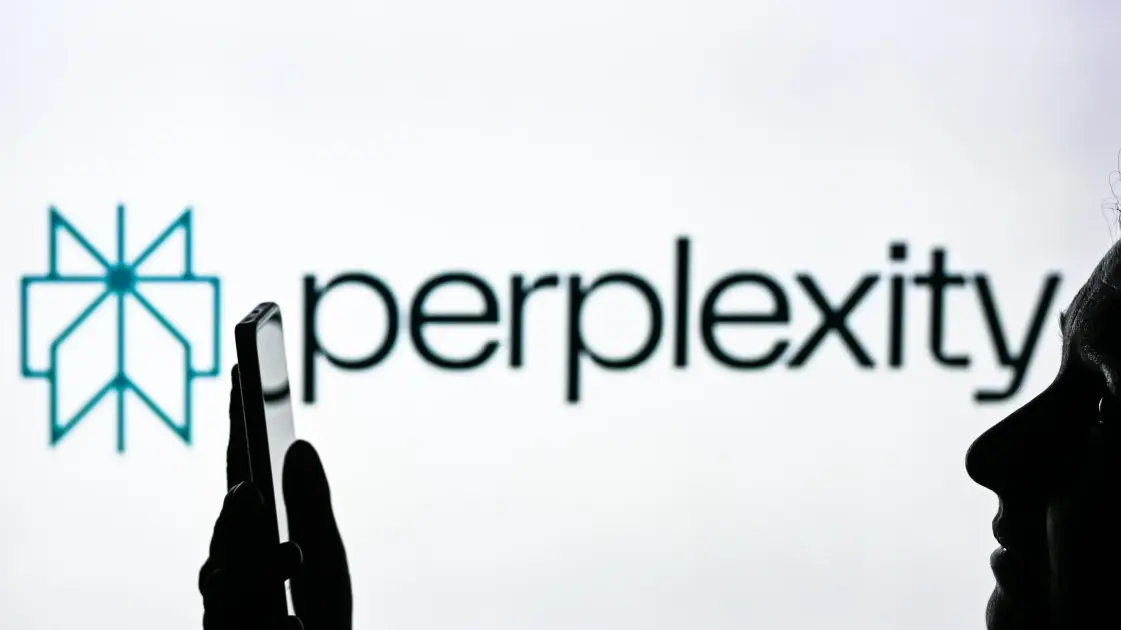AI Showdown: Samsung and Motorola's Secret Perplexity Talks Threaten Gemini's Throne

Perplexity AI is poised to shake up the smartphone landscape, potentially challenging Google's long-standing dominance in mobile search and AI technology. With rumors of potential pre-installation on future Android devices, the innovative AI platform could become a game-changing default option for millions of smartphone users worldwide.
The prospect of Perplexity coming pre-loaded on Android phones represents a significant strategic move that could dramatically reshape how users interact with search and AI-powered information retrieval. By offering a more conversational and precise AI assistant directly on users' home screens, Perplexity might finally provide a compelling alternative to Google's established search ecosystem.
As smartphone manufacturers seek to differentiate their offerings and provide more intelligent user experiences, integrating a cutting-edge AI like Perplexity could become an attractive selling point. The potential partnership could signal a new era of AI competition, challenging Google's traditional search monopoly and offering users a fresh, more intuitive approach to finding and understanding information.
